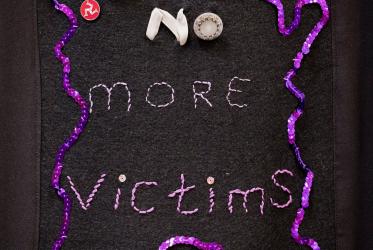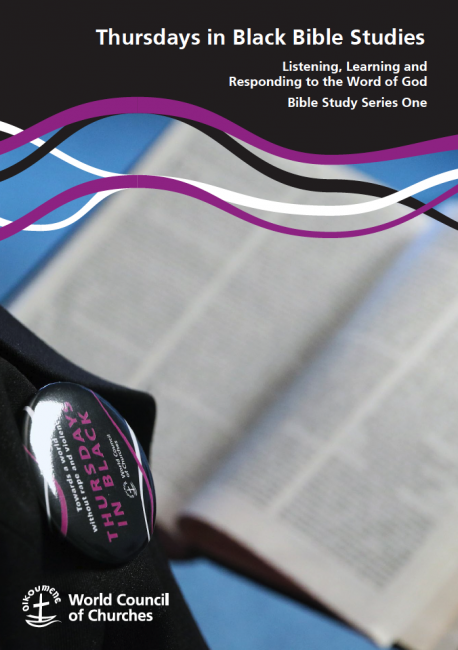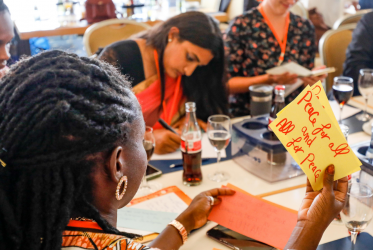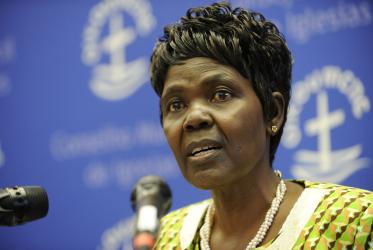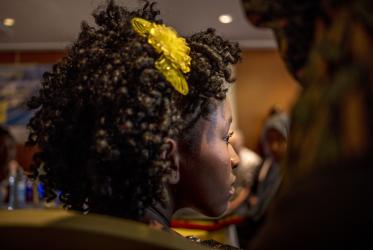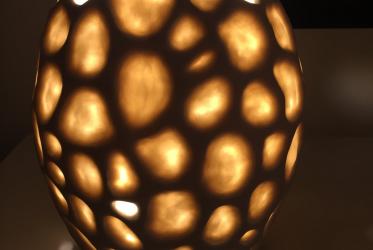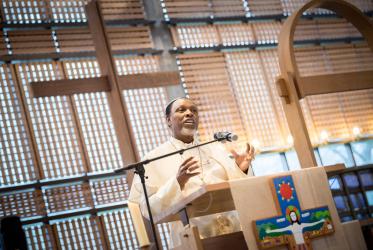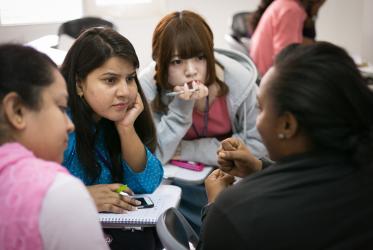Displaying 1 - 20 of 38
WCC honoured with Geneva Engage Award
01 February 2022
Thursdays in Black Bible Studies Series 1
Listening, Learning and Responding to the Word of God
21 October 2021
Dr Abuom reflects on women of faith as healers of creation
05 October 2021
Freedom of religion rooted in justice
06 March 2020
Peacemakers at work in Sri Lanka
29 April 2019
A moment in ‘Time’: an interreligious vision in Erlangen
20 December 2018
Walking together against hatred and violence
26 February 2018
